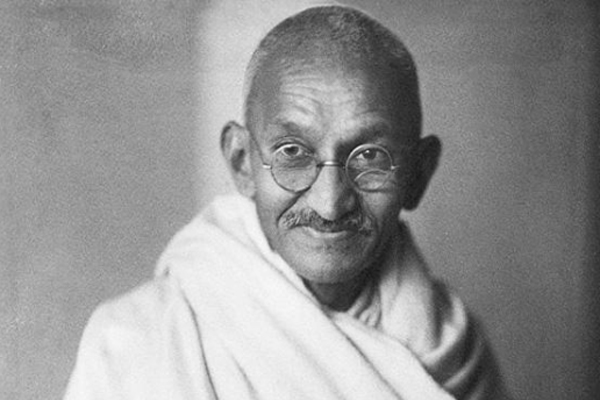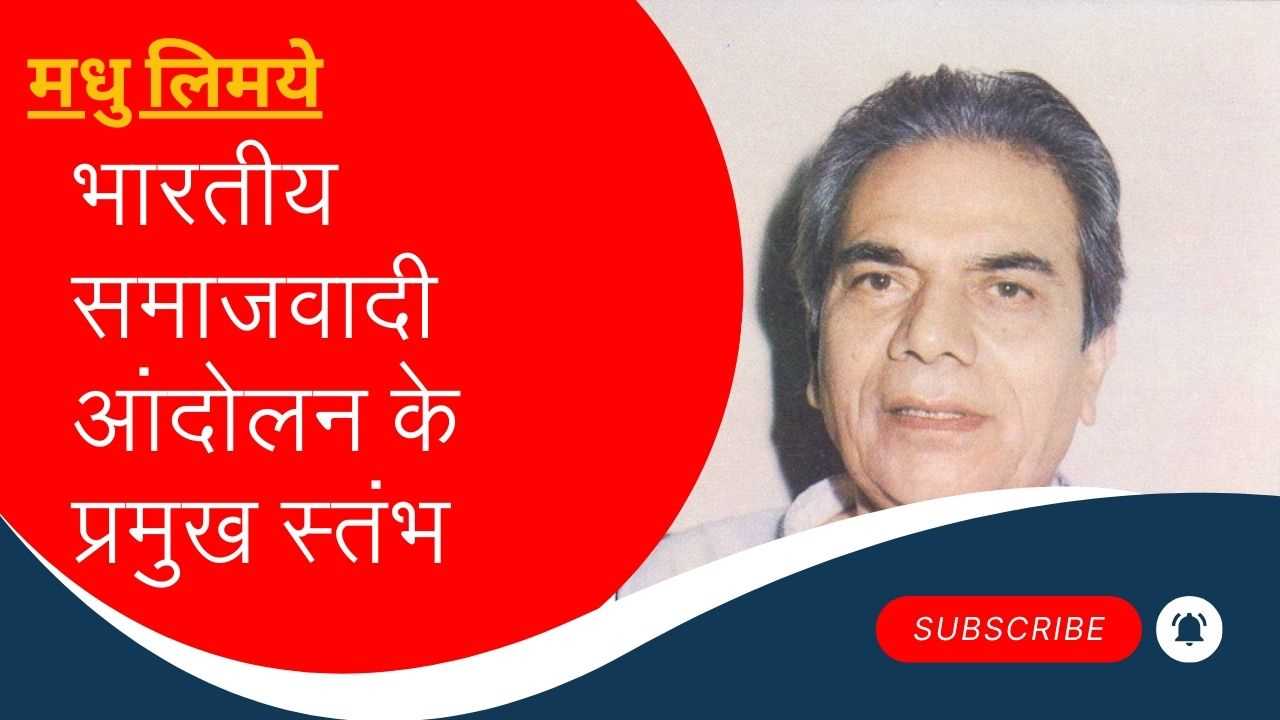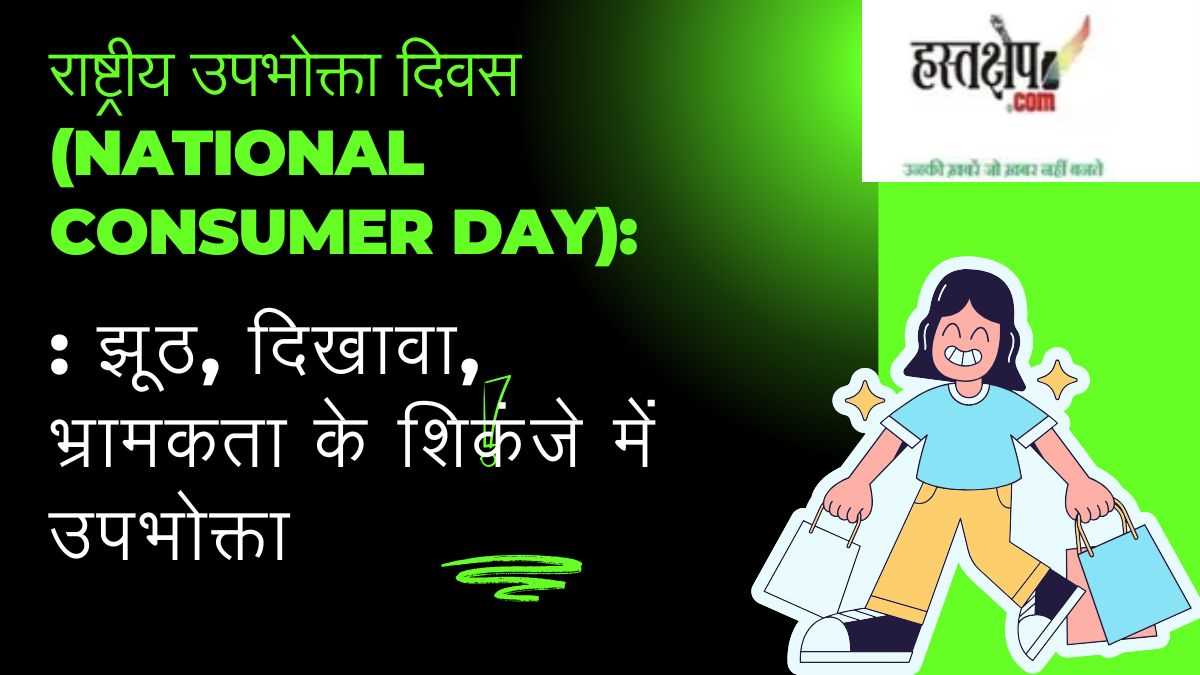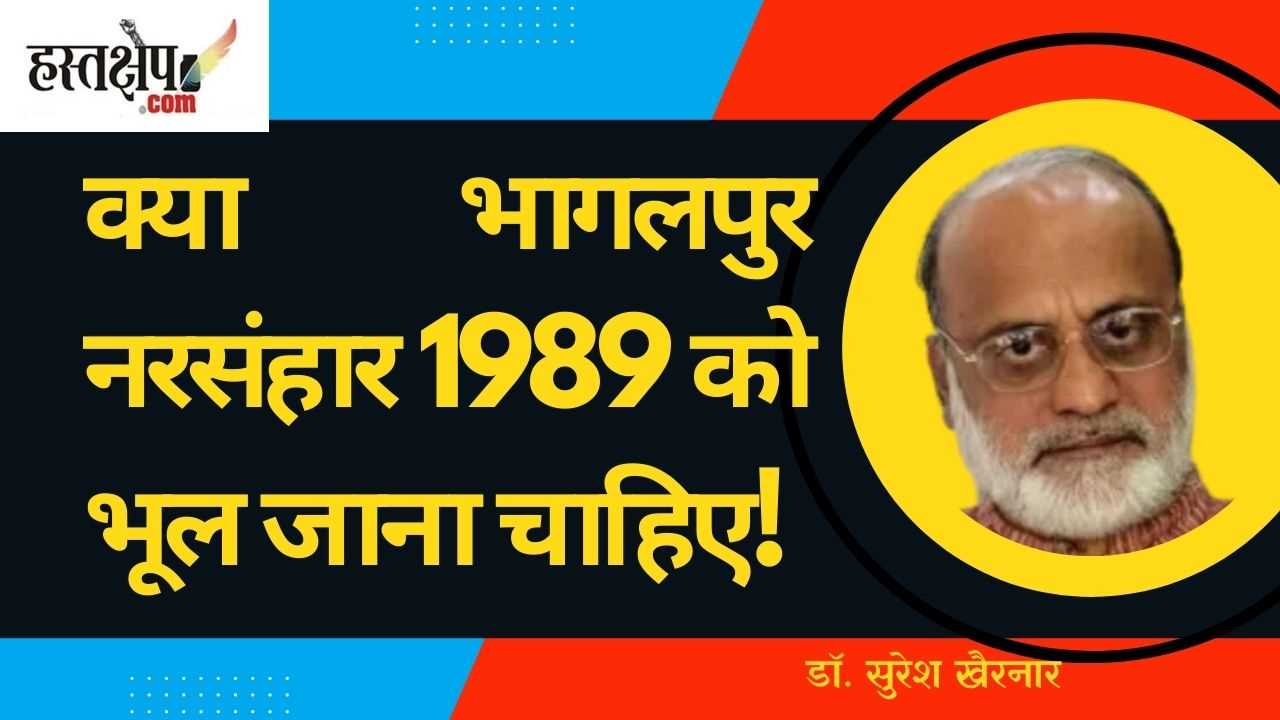
January 15, 1942. All prominent leaders of the Indian National Movement gathered for a crucial meeting of the All India Congress Committee at Wardha, Mahatma Gandhi’s main Headquarter. Second World War was in full swing. A lot of confusion and rumours were in the air. A very challenging task was ahead for Gandhi- how to conduct and shape the future course.
Gandhi spoke like a real Generalissimo of a Congress-led national movement.
He not only clearly directed the future course of action but also authoritatively declared Jawaharlal Nehru his political successor in these words, ‘He says whatever is uppermost in his mind, but he always does what I want. When I am gone he will do what I am doing now. Then he will speak my language too. After all he was born in this land. Every day he learns some new thing. He fights with me because I am there. Whom will he fight when I am gone? And who will suffer his fighting? Ultimately, he will have to speak my language.’
Mahatma Gandhi declared, Who after Gandhi?
The context and timing of the declaration clearly suggest that Gandhi gave a full stop to the emerging confusion and gossip in Congress circles about, ‘Who after Gandhi’. This decision settled the crucial issue of his legacy to be carried forward by ‘whom’, at least in the political domain.
Gandhi had under his wings so many personal loyalists and prominent leaders of all hues.
Patel apart from Nehru was also a very close associate of Gandhi. Then what prompted Gandhi to prefer Nehru over Patel? This historical enquiry is being caricatured by
Since Gandhi and Nehru are the two most problematic figures in the eyes of RSS combine, they try every trick either to sideline them or ridicule them or proving them wrong. This hypothetical division on unhistorical grounds helps them in multiple ways. So to understand Gandhi’s this decision is of contemporary relevance too.
It must be emphasized that Gandhi did not choose Nehru due to any specific ‘personal quotient’.
The historic fact is that Gandhi had so many personal likes in his long political career of over 50 years. Nehru is not an extraordinary beneficiary of Gandhi’s personal love. Patel too enjoyed definitive confidence, admiration and close association with Gandhi.
Gandhi as the Generalissimo of the Indian National Movement had a knack to assess the qualities and talents of his comrades. He had developed a vast network of constructive activities which also worked essentially as a sustainable tool to help the Indian National Congress for organizational expansion purposes. With his political insights and strategic acumen Gandhi had linked his constructive programs at the one hand with Indian people, on the other with Indian National Congress.
Patel, due to Gandhi’s political blessings was the most important leader as far as Congress’s organizational and routine works were concerned.
Patel was also very crucial thread between Gandhi’s constructive work activities and Indian National Congress activities.
Gandhi was the unofficial head of these two forums which were interdependent to each other and also enjoyed certain liberties to run their forums. Patel was a crucial figure in this most complex exercise. In this way, Gandhi envisaged the role of Patel as his most competent lieutenant.
So obviously the role, scope and range of Sardar Patel’s multi-faceted activities and priorities were basically grounded in the activities of the Indian National Congress only. He was, of course, a very popular national leader but his popularity was in fact the popularity of the Indian National Congress.
But while using all talents of Patel and then finally advising him to help Nehru in post-independent India, Mahatma Gandhi, using all his political authority selected Nehru for India’s future. To understand this riddle we have to reflect over the political mind of Gandhi.
Gandhi had no obsession with ‘yes’ man. He was a thoroughly democratic person and leader.
Gandhi in fact appreciated and encouraged his lieutenants to speak their minds freely. Nehru was most of the time his truant disciple.
Gandhi was a very mature political mind who would easily understand the ‘apparent difference’ of Nehru which occurred only due to a ‘slight shift of emphasis’ or because of his use of ‘different political idioms’. So, for Gandhi Nehru’s displeasure notes about his Hind Swaraj etc rhetoric were a political insight for understanding the common mood of Indian youth. Gandhi used Nehru’s apprehensions for overall widening his own umbrella to adjust the new socialist and Left trends within his own comprehensive political narrative.
Nehru over time also understood this dynamic and evolving character of Mahatma’s politics and internalized some of the core ideas of Gandhi’s political mind. For example, Nehru wrote to Krishna Menon in 1936, ‘Try to imagine what the human material is in India—how they think, how they act, what moves them, what does not affect them. It is easy enough to take up a theoretically correct attitude that has little effect on anybody. We have to do something much more important and difficult and that is to move large numbers of people to make them act’.
Gandhi loved to accommodate new emerging constructive ideas and opinions within a grand political action based narrative by constructing a holistic set of dynamic, evolving politics for anti-colonialism, secularism and pro-poor progressive orientation. So, it actually helped for Gandhi to understand and appreciate the new socialistic current of the period imbibed in Nehru. And the ‘socialist’ Nehru was the most valuable political asset for him. As the socialist ideas were the talk of the times from the late 1920’s onwards and the Indian youth were attracted towards it, Gandhi being in his 60’s found in Nehru a youth who was one of the most authentic darling of Indian youth. He would just regulate Nehru’s ‘socialist’ pace and then accommodate his demands into his own ‘grand political narrative’. Of course, Gandhi did so without using conventional socialistic rhetoric but within his own political dialectic by expanding and evolving it.
This decision of Gandhi to choose Nehru was not done in the spur of the moment. It was a culmination of Gandhi’s long association and understanding of Nehru’s basic political drives. Gandhi knew that there is a great commonality between him and Nehru on the issue of communalism, anti-imperialism, anti-colonial ideology, and pro-poor politics for an egalitarian society.
For example, in December 1928, he blessed Nehru by saying, ‘You have braver things to do. May God spare you for many a long year to come and make you His chosen instrument for freeing India from the yoke.’ At historic Lahore Congress, in 1929, he was instrumental in making Nehru the President. Gandhi indirectly declared Nehru his most favorite lieutenant by speaking his mind in these words, ‘Responsibility with mellow and sober the youth, and prepare them for the burden they must discharge. Pandit Jawaharlal has everything to recommend him. By his bravery, determination, application, integrity and grit he has captivated the imagination of the youth of the land. He has come in touch with labour and the peasantry. His close acquaintance with European politics is a great asset in enabling him to assess ours.’
During Civil Disobedience Movement days, in 1930, he deputed Jawaharlal as the leader of the movement after his inevitable arrest. In May 1939, he clarified about his political tuning with Nehru in these words, ‘There are certainly differences between Jawaharlal and me. But they are not significant. Without him I feel myself a cripple. He also feels more or less the same way.’ Nearing independence, in those turbulent times he always defended Nehru and publically showed his full confidence over him. In 1945 when his opponents tried to sideline Gandhi by suggesting that he should vacate the place for Nehru Gandhi quipped, ‘He should know that I have called the Pandit my successor. He does not need to come to the front. He is in the front.’ And, in 1946, he again pushed Nehru to accept the highest political position in these words, ‘I told Jawaharlal Nehru that he must wear the crown of thorns for the sake of the nation and he has agreed. The constituent assembly is going to be no bed of roses for you, but only a bed of thorns. You may not shirk it.’
In the end, it is to be remembered that Nehru and Patel both worked together as comrade in arms in Indian National Congress as Gandhi their common leader.
Whatever happened in Indian National Movement led by Indian National Congress was an affair of their own. It has nothing to do with the RSS combine. Even then if RSS combine wishes to remember Patelas he actually was, it must not forget and in fact, the nation cannot afford to forget that it was Patel who banned RSS after finding their dubious role over the murder of the Father of the Nation.
Alok Bajpai




